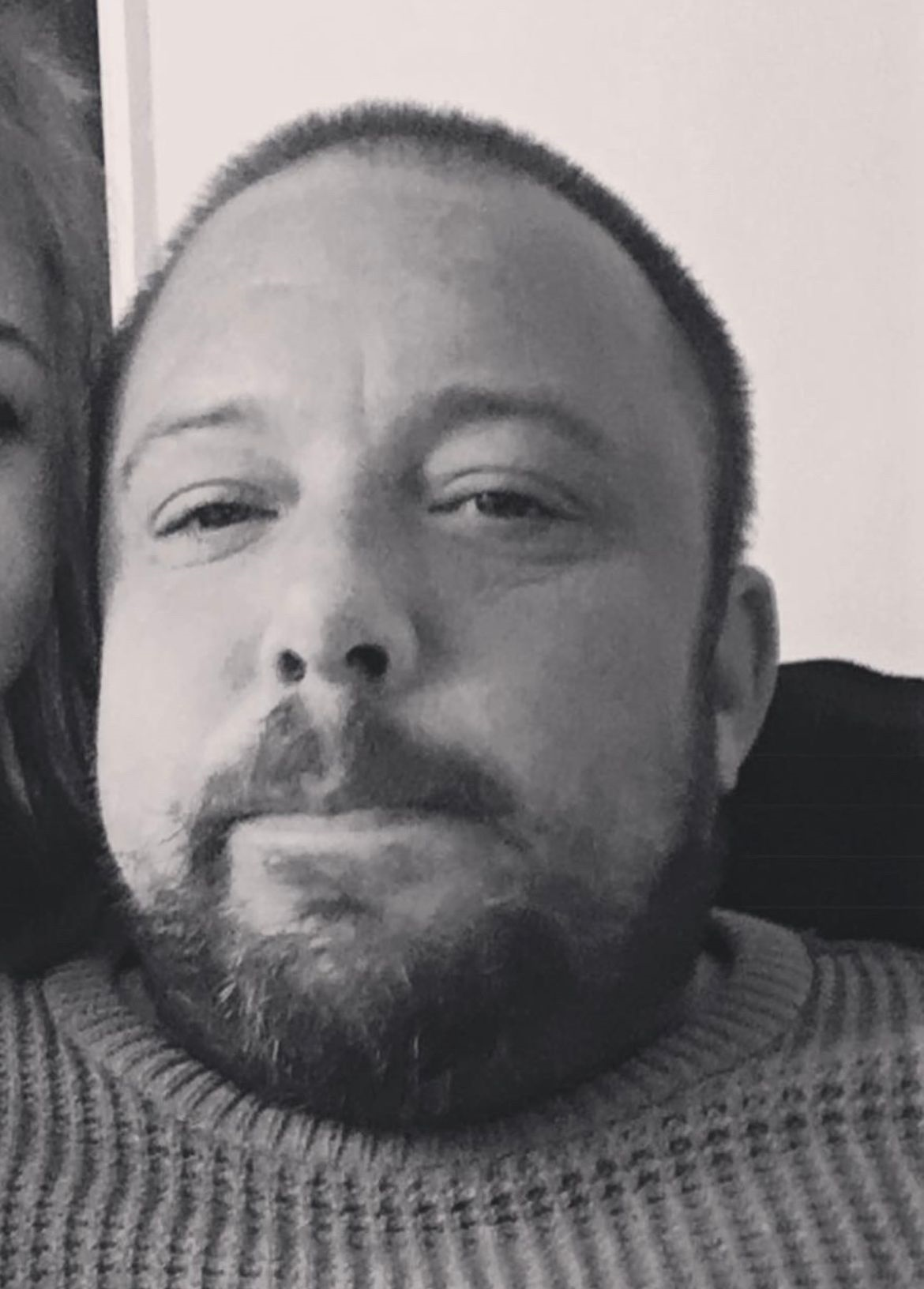Prisoner who took own life given just 96-second health check due to Covid fears
Exclusive: Family say they hope Luke Clarke’s death was ‘not in vain’ and prison care will improve
A mentally ill man, who took his own life less than 24 hours after arriving in prison, was given a health screening lasting just 96 seconds through the hatch of his cell door due to Covid fears.
Luke Clarke, 38, was detained by Metropolitan Police officers during the start of the Covid pandemic on 5 April 2020 and moved to Wormwood Scrubs prison.
The nurse who saw him asked for more robust PPE because staff feared Mr Clarke had Covid and was spitting at staff. She was told to carry out her assessment through the cell panel instead.
An inquest found that fear and confusion generated by Covid-19 and inadequate care by prison staff contributed to his death.
His family described him as a “loving, kind, funny and caring” person and welcomed the jury’s findings that failures at Wormwood Scrubs prison had contributed to Mr Clarke’s suicide. They called for better communication between hospitals and prisons about mental health, saying “we hope Luke’s death is not in vain”.

Mr Clarke had a history of paranoid schizophrenia, had been sectioned on a number of occasions, and had a history of suicide attempts. He was taken to St Bernard’s Hospital, Ealing, under police detention in 2020, with one officer suspecting Mr Clarke was having a psychotic episode.
Despite this, psychiatrists and police decided that Mr Clarke did not need to be detained under the Mental Health Act and should taken to prison. He had been on licence for common assault and had failed to comply with his licence conditions.
Suspecting that he could have Covid, Mr Clarke was taken to the Covid-19 wing at Wormwood Scrubs. A form with questions about suicide and self-harm was not completed and he was left with very little support.
The inquest jury said: “Luke was isolated in his cell with very minimal human interaction and no food throughout his stay of almost 24 hours.” They said inadequacies were found in his overnight care, reception process, and in the liaison between the hospital and prison, among other things.
They said that “the brevity of the prison nurse’s interaction with Luke was inadequate” and they also criticised senior prison staff for not making an attempt to complete the screening.
The nurse conducted the reception screening, which included questions about his mental health, through the hatch of his cell door. The assessment lasted a maximum of one minute 36 seconds, CCTV footage presented to court showed.
She said Mr Clarke had refused to talk to her unless he was unlocked and able to speak to her face-to-face, as was the normal procedure. She said she was told a surgical face mask, gloves and a disposable apron were the appropriate PPE for the assessment and were available for use.
But she asked for a face shield, eye goggles and a gown covering neck to knees because the patient was spitting at staff. A health manager told her to carry out the assessment through the cell door panel, she said.
She said Mr Clarke “became very irritable and stated: ‘I want to be seen as an ordinary person, you open the door and sit with me in the cell or office’”. He then declined to talk to her.
Within hours, Mr Clarke had taken his own life – one of the 12 suicides at the prison in the past five years.
A spokesperson for the charity Inquest said: “Luke was sent to prison and within 24 hours he was dead. He needed care and support for his mental health, not criminalisation.
“Luke was neglected by a prison which has a long record of failing to protect the health and wellbeing of those who are owed a duty of care.”
The Ministry of Justice has been contacted for comment.
If you are experiencing feelings of distress, or are struggling to cope, you can speak to the Samaritans, in confidence, on 116 123 (UK and ROI), email jo@samaritans.org, or visit the Samaritans website to find details of your nearest branch.
If you are based in the USA, and you or someone you know needs mental health assistance right now, call the National Suicide Prevention Helpline on 1-800-273-TALK (8255). This is a free, confidential crisis hotline that is available to everyone 24 hours a day, seven days a week.
If you are in another country, you can go to www.befrienders.org to find a helpline near you.



Join our commenting forum
Join thought-provoking conversations, follow other Independent readers and see their replies
Comments